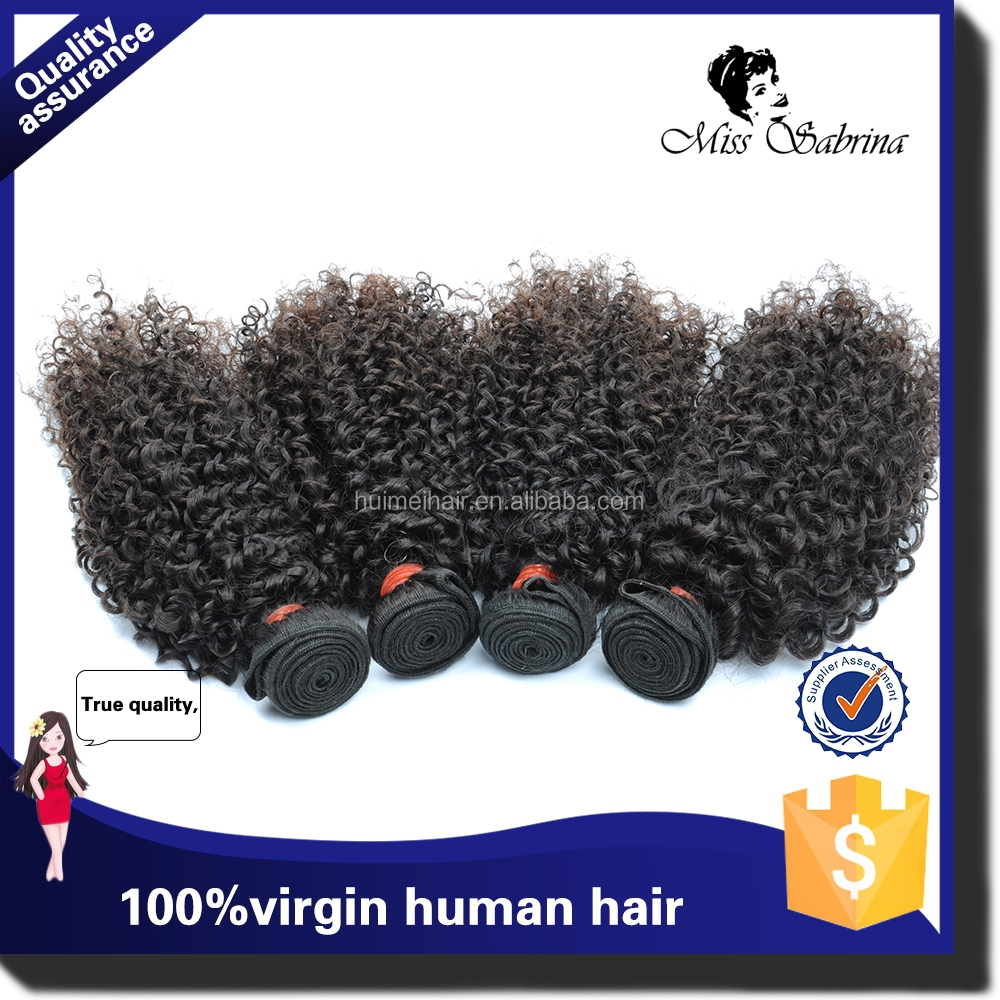The Ultimate Guide to Natural Hairball Remedy for Cats: Effective Solutions for Your Feline Friend
Guide or Summary:Introduction to Natural Hairball Remedy for CatsUnderstanding Hairballs in CatsSigns Your Cat Has HairballsTop Natural Remedies for Hairbal……
Guide or Summary:
- Introduction to Natural Hairball Remedy for Cats
- Understanding Hairballs in Cats
- Signs Your Cat Has Hairballs
- Top Natural Remedies for Hairballs in Cats
- Creating a Hairball Prevention Routine
- When to Consult a Veterinarian
---
Introduction to Natural Hairball Remedy for Cats
As a cat owner, you may have noticed your furry friend occasionally coughing up hairballs. This common issue can be distressing for both you and your pet. Fortunately, there are natural hairball remedies for cats that can help alleviate this problem without resorting to harsh chemicals or medications. In this comprehensive guide, we will explore the best natural solutions to manage and prevent hairballs in your feline companion.
Understanding Hairballs in Cats
Hairballs, or trichobezoars, are formed when cats groom themselves and ingest loose fur. While grooming is a natural behavior, excessive hair ingestion can lead to hairballs, which can cause discomfort and digestive issues. Understanding the causes and symptoms of hairballs is crucial in finding an effective natural remedy.

Signs Your Cat Has Hairballs
Common signs that your cat may be suffering from hairballs include frequent coughing, retching, vomiting, and a decrease in appetite. You may also notice your cat being less active or exhibiting signs of discomfort. If you observe these symptoms, it’s important to take action and consider natural hairball remedies for cats.
Top Natural Remedies for Hairballs in Cats
1. **High-Fiber Diet**: One of the most effective natural hairball remedies for cats is to incorporate a high-fiber diet. Fiber helps to move hair through the digestive system, reducing the likelihood of hairballs forming. Look for cat foods that contain natural fibers like pumpkin, psyllium, or beet pulp.
2. **Regular Grooming**: Regularly brushing your cat can significantly reduce the amount of loose fur they ingest while grooming. This is especially important for long-haired breeds, which are more prone to hairballs. Aim to brush your cat several times a week to keep their coat healthy and free of tangles.
3. **Hydration**: Ensuring your cat stays well-hydrated is essential for their overall health and can aid digestion. Consider providing fresh water daily and incorporating wet cat food into their diet to increase fluid intake.

4. **Natural Supplements**: There are various natural supplements available that can help prevent hairballs. Look for products containing natural oils, such as fish oil or flaxseed oil, which can help lubricate the digestive tract and facilitate the passage of hair.
5. **Pumpkin Puree**: Pure pumpkin is not only nutritious but also an excellent natural hairball remedy for cats. Its high fiber content can help regulate your cat's digestive system. You can add a small amount of pure pumpkin (not the spiced pie filling) to your cat’s food a few times a week.
Creating a Hairball Prevention Routine
To effectively manage hairballs, it’s essential to create a routine that incorporates these natural remedies. Start by choosing a high-quality cat food with adequate fiber. Schedule regular grooming sessions to minimize shedding and hair ingestion. Additionally, keep an eye on your cat’s hydration levels and consider adding pumpkin puree to their diet.
When to Consult a Veterinarian
While natural hairball remedies for cats can be highly effective, it’s important to consult a veterinarian if your cat experiences severe symptoms or if hairballs become a frequent issue. Your vet can rule out any underlying health conditions and recommend appropriate treatments.

Incorporating natural hairball remedies for cats into your pet care routine can significantly improve your cat's quality of life. By understanding the causes of hairballs and implementing preventive measures, you can help your feline friend stay healthy and happy. Remember to monitor your cat's health and consult a veterinarian when necessary. With the right approach, you can effectively manage hairballs and ensure your cat enjoys a comfortable and fulfilling life.